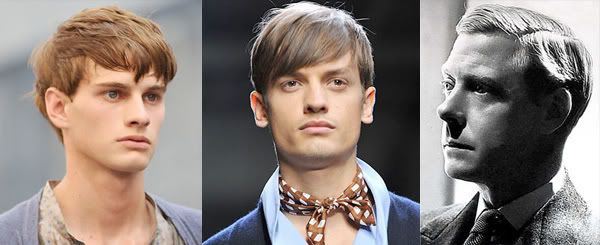
The BBC's Robert Peston describes the climate for banking shares
Shares in major UK banks have fallen sharply amid fears more financial institutions will need to be bailed out by the government.
Barclays was worst hit, down 25%, while Royal Bank of Scotland, which is almost 60% state-owned, closed 13% lower.
Barclays has insisted that this year's profits will be "well ahead" of the £5.3bn in some pessimistic forecasts.
The bank took the unusual step of revealing some profit details - two weeks ahead of the official release.
Ban lifted
Earlier, the Irish government said it was to nationalise the Anglo Irish Bank after its funding problems continued.
US bank Citigroup suffered a big quarterly loss, while Bank of America also received a $20bn (£13.4bn) bail-out package.
Much of the fall in UK bank shares came in the last hour of trading in London, as worries grew in European markets that the latest US government rescue signalled that Washington's efforts to stabilise the financial sector were failing.
The falls came on the day the ban on short-selling, which had been imposed by the Financial Services Authority last September, expired.
"The shorting ban has been lifted and I guess the short guys have been sharpening up their tools and looking to see who they'll have a pop at next," said Numis Securities analyst James Hamilton.
Jittery mood
Barclays shares ended at 98 pence, their lowest level since 1993. The bank's shares have lost 45% of their value this week.
"We know of no justification for the fall in share price. We are fully aware of our regulatory obligations and we have not said anything," said a Barclays spokesman in a statement.
The bank then took the unusual step of giving some details of this year's profits - before they are officially published on 17 February.
"The board of Barclays expects to report profit before tax for the year, after reflecting all costs, impairment and market valuations, well ahead of the £5.3bn consensus estimate of sell-side analysts," it said in a statement.

Meanwhile Lloyds TSB saw its shares drop 30% this week as it geared up for the finalisation of its merger with HBOS on Monday. Uncertainty about the format of a new UK government plan being worked on to boost bank lending added to a jittery mood.
Rescue options
It is understood ministers are planning an urgent bank package, which could pave the way for more taxpayer money to be pumped into the sector to offset losses on soaring bad debts.
Possible options could include fresh capital injections into banks or more government guarantees on toxic assets.
A plan could come as early as next week, with state guarantees to get credit moving again high on the agenda.
Referring to the current talks between the Treasury and the banks with the view to encouraging them to lend more money, Manus Cranny at MF Global Spreads said: "Barclays equity holders are disadvantaged because they are outside the government's planned financial support package.
"Why not just nationalise these banks and be done with it? Until that happens you can't force the banks to lend."
David Buik of BGC Partners said: "It has become obvious that the banking sector needs more capital globally."
Commenting on Barclays and HSBC, which have so far decided not to take government aid, he said in the end they may have little choice.
"I suspect they will have difficulty raising further private capital in this climate if they need it," he said.
US bail-outs
Across the Atlantic, the bail-out of Bank of America was aimed at helping it absorb losses from the takeover this month of struggling rival Merrill Lynch.

The handout will also see the firm offered guarantees against losses on up to $118bn in troubled assets.
The US government will take a stake in the bank in return for the aid, which comes on top of the $25bn handed to the group in last October's series of bank bail-outs.
Citigroup had already received $45bn in government loans and benefited from a state pledge to guarantee about $300bn in mortgages and other assets.
Citi has announced it now plans to split into two companies. One business, Citicorp, will do traditional banking, and the other, Citi Holdings, will hold the company's riskier assets.





























































